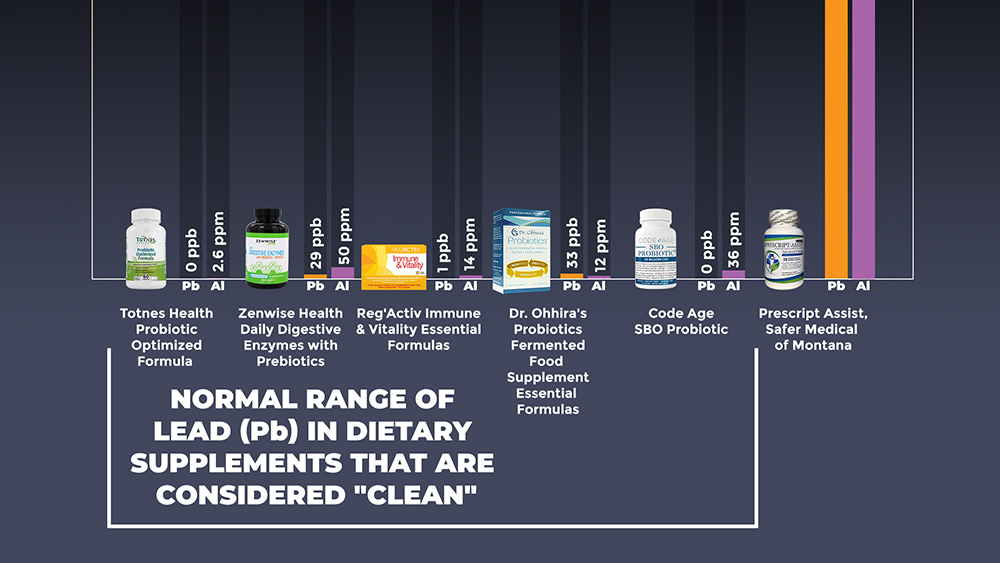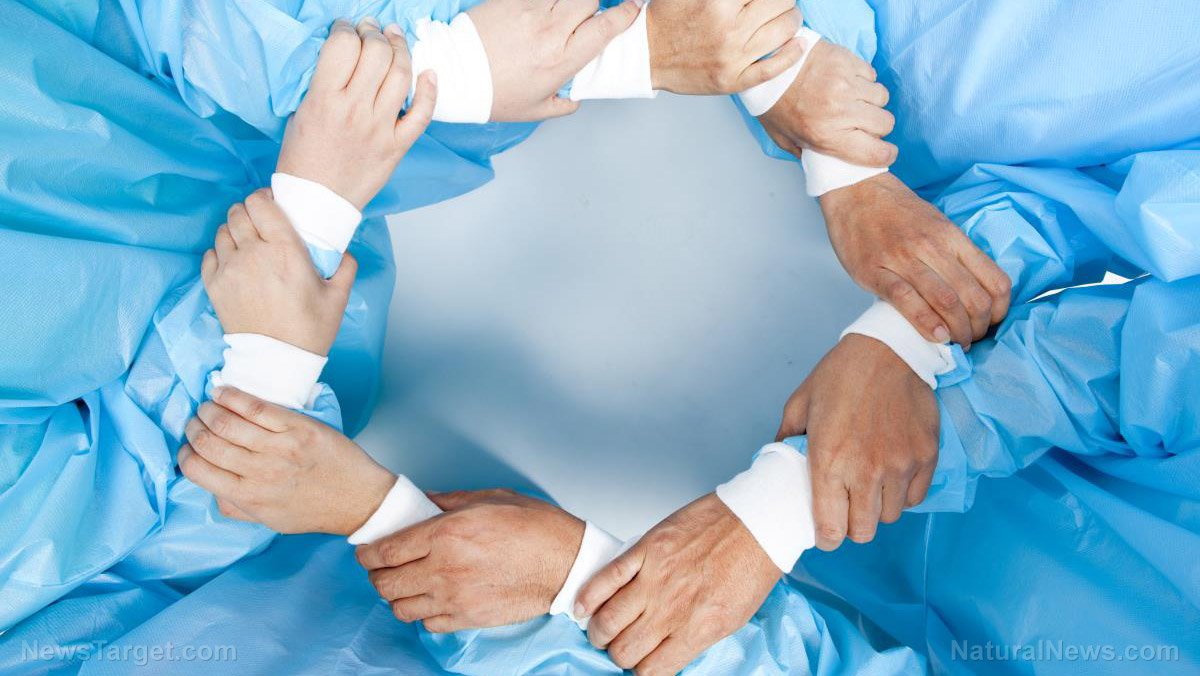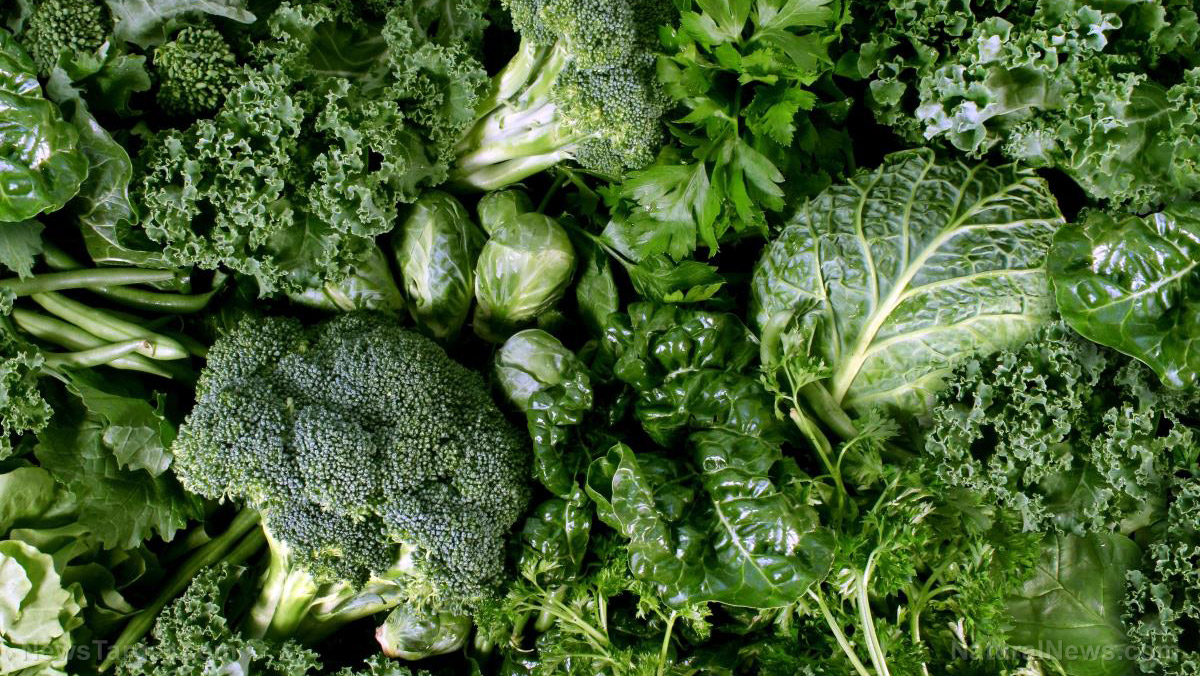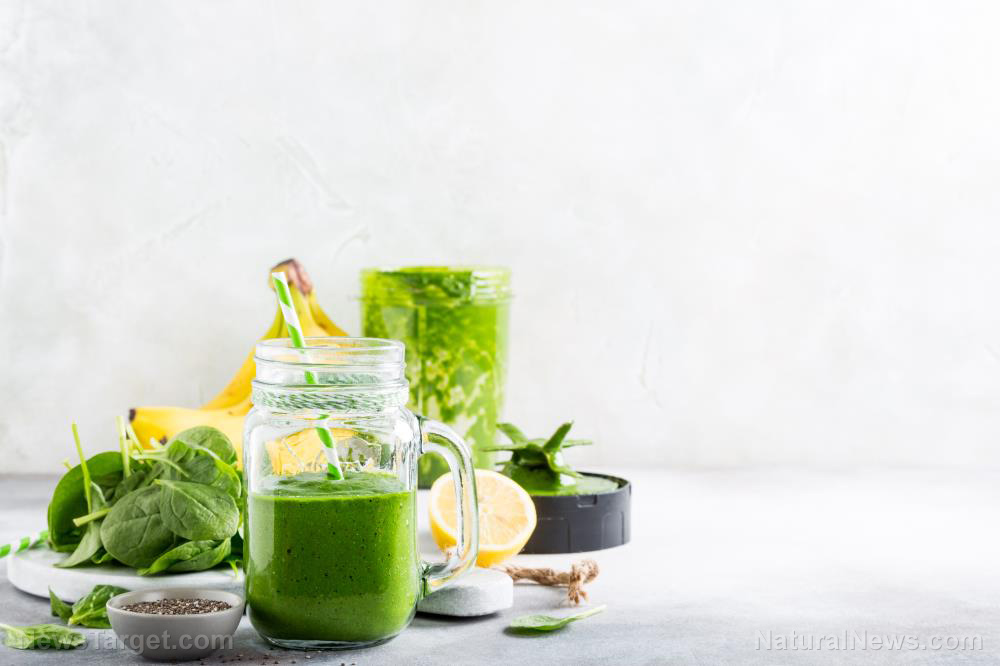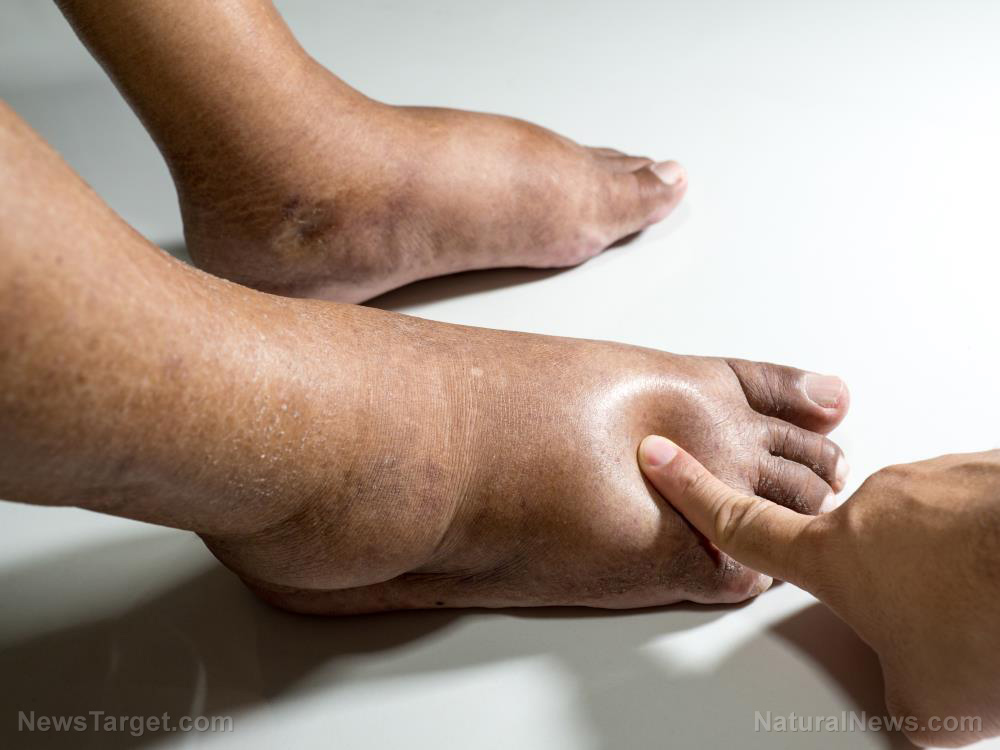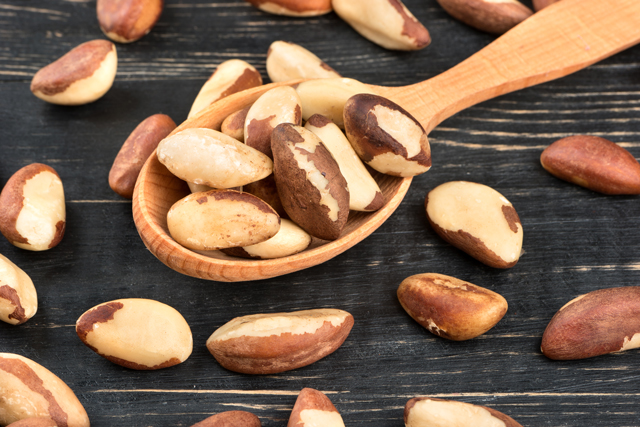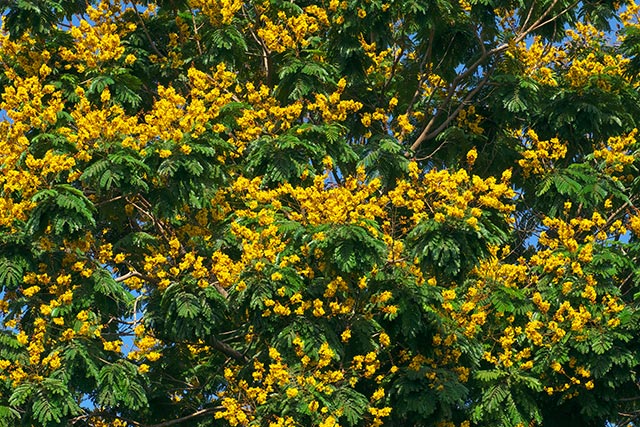Lowering your blood pressure could stop your heart, if you use common medications
08/16/2019 / By Isabelle Z.

If you’re scared of having a heart attack, you’re not alone. With statistics showing that cardiac arrest kills more people across the world each year than car accidents, breast cancer, firearms, influenza, HIV, breast cancer, colorectal cancer, pneumonia and prostate cancer combined, it’s a legitimate worry. Many people who have even slightly high blood pressure take medication to control it out of concern for heart health, so it’s pretty shocking that one commonly prescribed medication has actually been linked to a higher risk of suffering cardiac arrest.
The study looked at a group of medications known as dihydropyridines. Used for treating high blood pressure, some common varieties include amlodipine and nifedipine. An analysis of 10,000 patients taking this category of drugs found that those who take high doses of nifedipine have a significantly higher risk of suffering sudden cardiac arrest than people who take amlodipine.
Both drugs are calcium channel blockers that work in a similar way, so the researchers set out to find why nifedipine in particular raised the risk of cardiac arrest while amlodipine did not. They discovered that nifedipine affects heart cells in a way that raises the risk of the type of fatal arrhythmias behind cardiac arrest.
Unfortunately, nifedipine is currently considered to be “safe and effective” and is widely prescribed by cardiologists and other doctors to those with high blood pressure. Further studies are called for, but in the meantime, those taking this drug might want to talk to their doctor about the study.

|
Discover how to prevent and reverse heart disease (and other cardio related events) with this free ebook: Written by popular Natural News writer Vicki Batt, this book includes everything you need to know about preventing heart disease, reversing hypertension, and nurturing your cardiac health without medication. Learn More. |
It’s not recommended to simply quit taking the medication cold turkey as this can have serious side effects. You could ask about the best way to switch to a relatively safer medication, although the ideal solution here is finding a way that you can lower your blood pressure naturally.
Lower your blood pressure naturally and safely
One way that many people have successfully lowered their blood pressure is by changing their diet. Cutting out processed foods can make a surprisingly big difference if you regularly consume a lot of them. Aim for consuming natural foods high in fiber while limiting red meat.
Making positive changes to your diet can also help you to lose weight, which is considered the most effective way to reduce high blood pressure. Losing even ten pounds can be enough to make a difference in your blood pressure.
At the same time, you should also limit your alcohol consumption and quit smoking if you haven’t already done so. If you’re a heavy drinker, try to cut it down to no more than one drink per day.
Getting more exercise can also help, and you don’t even need to work out that much to see results. Half an hour five days a week is enough, and experts recommend doing something you enjoy to make it easier to stick with. Whether you decide to take a walk with a friend or dance to your favorite music, any movement is better than no movement at all.
Another way to keep blood pressure down is by managing your stress. Although it’s easier said than done, it’s worth making the effort as stress hormones can actually constrict your blood vessels and cause your blood pressure to spike. Meditation and deep breathing are a good place to start, and engaging in a relaxing hobby like music or art can also keep stress under control.
Having high blood pressure can be frightening, but there are ways to reduce it and protect your heart that don’t involve taking medication that could put your life in danger. Many people find that with the right lifestyle changes, they can keep their blood pressure within a healthy range.
Sources for this article include:
Tagged Under: Big Pharma, blood pressure, Cardiac Arrest, heart attack, heart health, high blood pressure, hypertension, natural remedies, prevention

